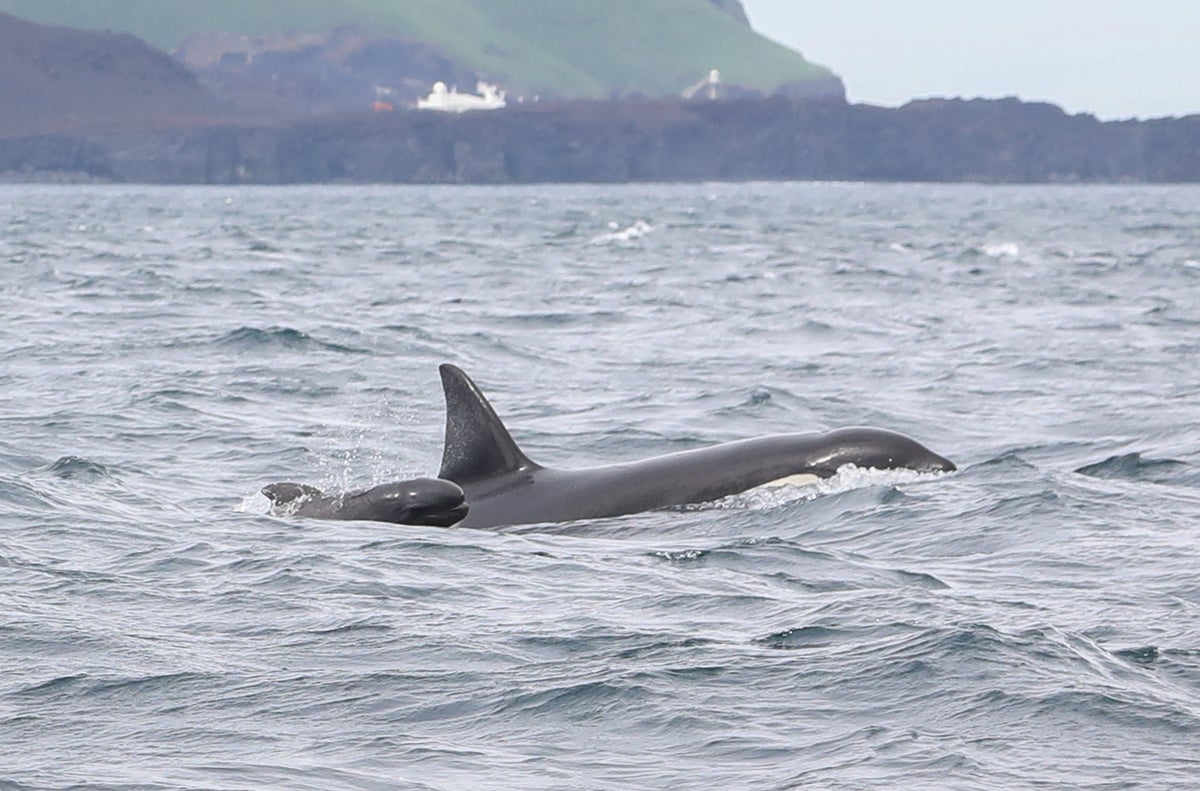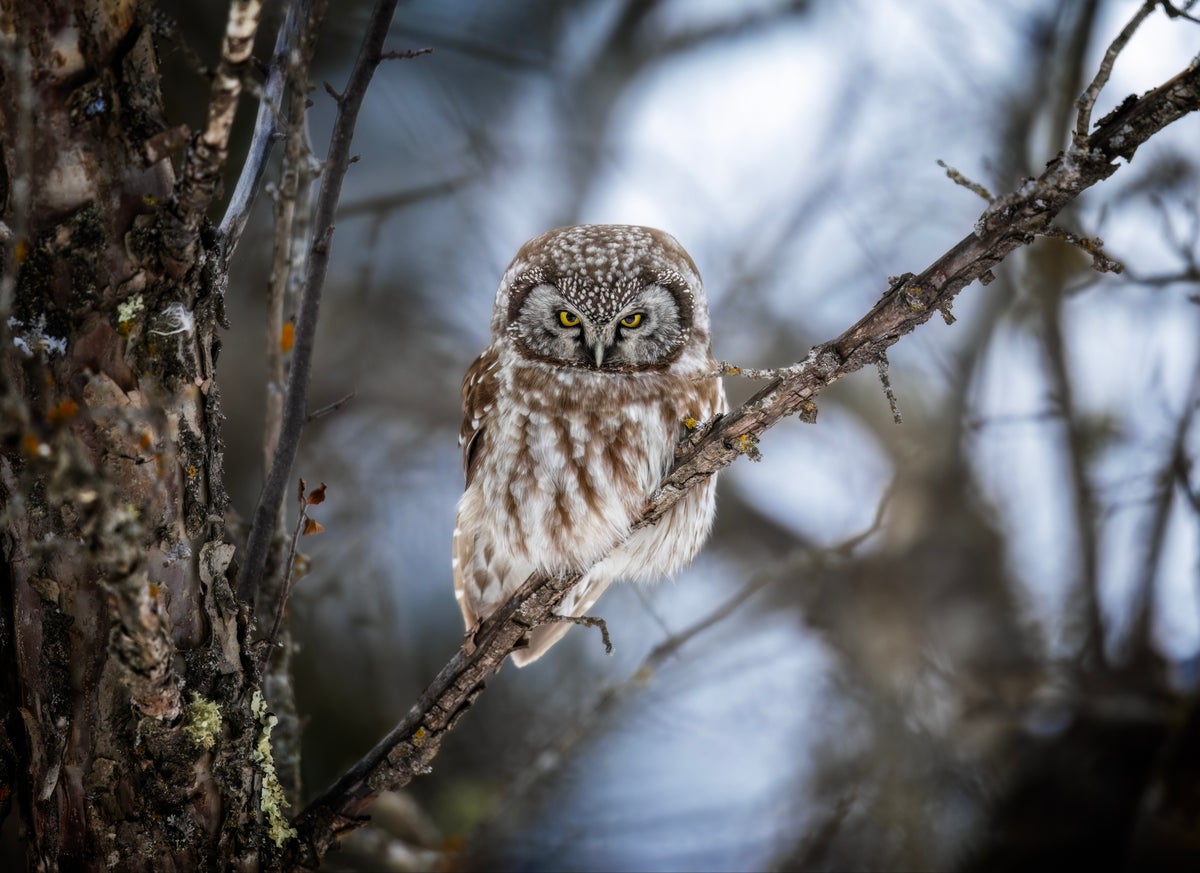Now Reading: Baby Pilot Whales Found Among Iceland’s Orca Pods: A Marine Mystery
-
01
Baby Pilot Whales Found Among Iceland’s Orca Pods: A Marine Mystery
Baby Pilot Whales Found Among Iceland’s Orca Pods: A Marine Mystery

Speedy Summary
- In June 2022, a researcher from the Icelandic Orca Project observed a unique instance of a baby pilot whale swimming within an orca pod off Iceland’s coast.
- Scientists recorded annual sightings (2021-2023) involving pilot whale calves adn killer whales in short-lived interactions.
- Researchers propose three possible explanations:
– Predation: Pilot whales as potential prey, tho it is unlikely since Icelandic orcas primarily eat fish and showed no aggressive behavior toward the calves.
– Play: Orcas might have involved pilot whale calves in hunting practise or playful activities.
– Parenting: Killer whales extending parental instincts briefly,though not classified as adoption due to females not lactating and lack of long-term nurturing resources like milk.
- Interactions included behaviors such as nudging the calf along, lifting it out of water on an orca’s back, and positioning calves alongside adult killer whales.
- Causes for the encounters remain uncertain-questions linger about whether the pilot whale calves were abandoned/lost or intentionally taken by killer whales.
- Climate change is speculated to play a role by altering migration patterns of species like pilot whales into territories frequented by killer whales.
here.
indian Opinion Analysis
This intriguing study highlights complex interspecies behavioral interactions that challenge customary notions about predator-prey dynamics among marine mammals. For India-home to vast coastal ecosystems supporting dolphins and other cetacean species-the findings could pave new paths for understanding how changing environmental factors influence marine biodiversity interactions.Climate change’s impact on migratory patterns globally signals potential shifts within India’s coastal waters that conservationists may need to monitor closely.
The research also exemplifies scientific curiosity driving novel ecological insights-a key parallel relevant for developing Indian wildlife studies focusing on less-explored phenomena. It underscores how robust data collection can clarify uncertainties around interspecies dynamics shaped by behavior evolution and environmental disruption without rushing conclusions based purely on observation lapses.
Moreover, this discussion resonates with broader ecological concerns pertinent to preserving India’s rich marine life amid climate-related vulnerabilities affecting habitat overlaps worldwide.

























